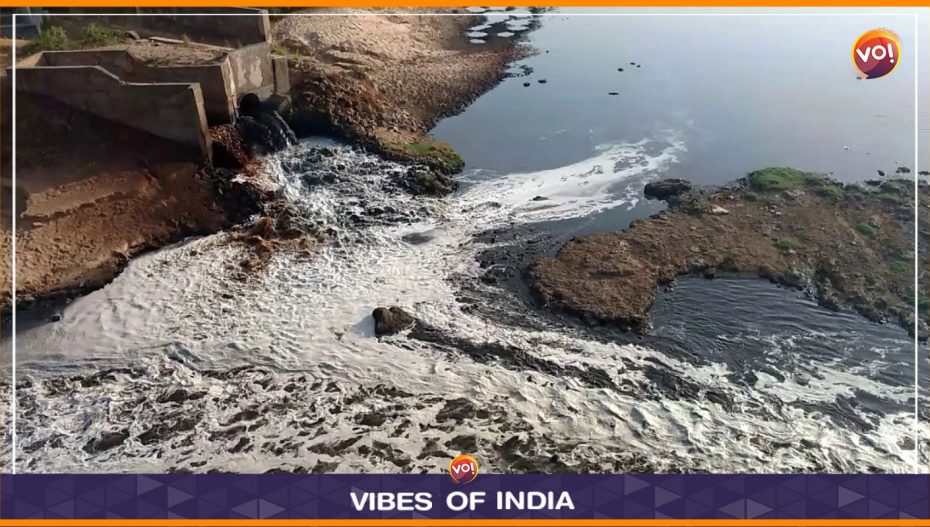Even as the Sabarmati River has been declared the second-most polluted river in India, the voices associated with industrial units believe things may have reached a tipping point. They are confident that authorities, following the Central Pollution Control Board’s (CPCB) of the river, will take punitive action against industrial units operating illegally.
According to a report, many industry associations claim that some units in the Danilimda area have flouted the government’s closure orders. They believe the state government must implement a deep-sea discharge project.
Gujarat Chamber of Commerce and Industry (GCCI) vice-president Yogesh Parikh was quoted as saying, “The industry has worked hard to improve performance on environmental parameters and almost all Common Effluent Treatment Plants (CETPs) have achieved the prescribed standards. However, some units in the city, especially in Danilimda and Behrampura areas, have restarted production despite closure orders. We demand that the authorities take action against them.”
The report, attributing sources, claimed that nearly 1,000 units had been closed for over a year, following the High Court’s directives on pollution control. Yet many units started operating at night. While some have adopted Zero Liquid Discharge (ZLD) systems, others are discharging industrial wastes into the Sabarmati.
Furthermore, the report claimed that while the Danilimda CETP is complete, it has not received official sanction for operations. Deepak Davda, CEO of Vatva CETP and joint CEO of Ahmedabad Megaline, said, “We are demanding a deep-sea discharge project as a permanent solution to the Sabarmati pollution problem. According to official data, Narol and Vatva CETP discharge meets the prescribed standards, while Megaline’s discharge is around 3% non-compliant. Danilimda does not have a functional CETP.
“On the other hand, effluent from the city’s sewage treatment plants is also non-compliant. If the deep-sea discharge project is in place, the 100km downstream stretch of the Sabarmati can be pollution-free and treated sewage water can be used for industrial and agricultural purposes.”
The report also cited the views of Shailesh Patwari, former president of GCCI. He said, “The original cost of the deep-sea discharge project was around Rs 1,700 crore, with about 30% to be paid by industry. Various industry associations in Ahmedabad have already paid Rs 20 crore for the project, but there has been no progress even after more than a year.”
Also Read: Ahmedabad: CCTV Footage Captures Grisly Murder In Broad Daylight












